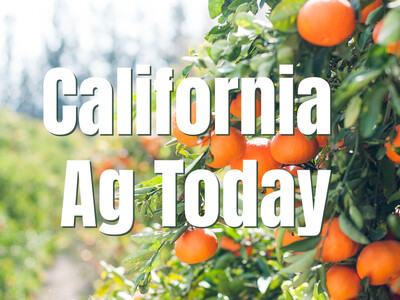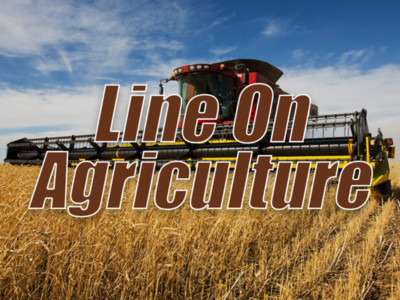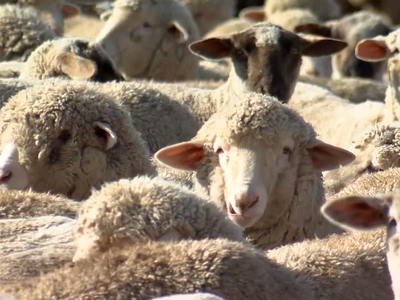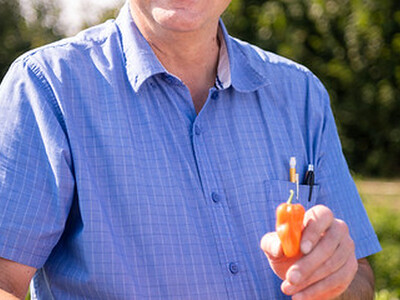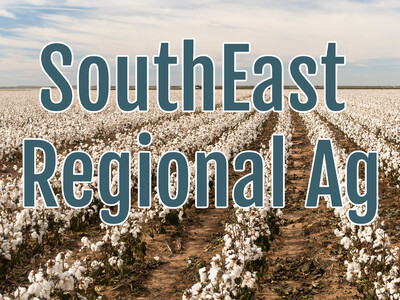How Dry We Are
How Dry We Are plus Food Forethought. I'm Greg Martin with today's Northwest Report.Many areas of the U.S. have been affected by drought conditions. Some extreme. Other areas are in need of normal moisture to get them back where they need to be. President Barack Obama has signed the National Integrated Drought Information System Reauthorization Act of 2014 into law. The bill authorizes appropriations for the National Integrated Drought Information System through fiscal year 2018 and requires the National Oceanic and Atmospheric Administration to report to Congress on the implementation of the system. President Obama says the bipartisan legislation ensures the federal government can continue to provide timely, effective drought warning forecasts and vital support to communities that are vulnerable to drought.
There is some good news on the drought front as U.S. areas covered in drought are down from a month ago according to USDA meteorologist, Brad Rippey.
RIPPEY: There was a mixed bag of improvement and deterioration during February. We saw improvement in the northwest where it has turned much wetter and water supply prospects have improved and that improvement has extended as far south as northern California. It's been a very strange period in California. Not only do we see record setting warmth in February but we did have two periods of storminess briefly in early February and then a really significant storm in late February and early March. Still a long way to go in that state.
Now with today's Food Forethought, here's Lacy Gray.
In 2008 California passed its Proposition 2, which requires larger cages for egg laying hens. Two years later, thanks to the "Governator" at the time, that state's legislature passed a law requiring that all eggs coming into California from other states must meet the same cage standards. Last month Missouri's Attorney General joined the Attorneys General of Alabama, Kentucky and Oklahoma, in filing suit in U.S. District Court in Fresno challenging California's cage size standards. Now Nebraska and Iowa can be added to the growing list of states following the same suit. They argue that the requirement violates the interstate commerce clause of the U.S. Constitution and could easily set a precedent for other states to restrict agricultural products. Of course the HSUS has been quick to express their disappointment and displeasure at this turn of events, since they championed California's ballot initiative in the first place. In the end, no one will really win. More than likely, millions will be spent in court costs, California eggs will be so expensive to produce that farmers there will go out of business, and free trade will prevail. All thanks to the efforts of the HSUS.
Thanks Lacy. That's today's Northwest Report. I'm Greg Martin on the Ag Information Network.






